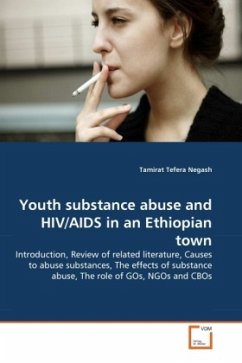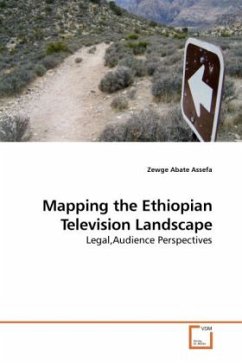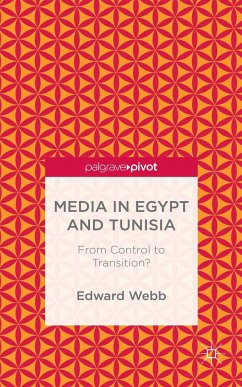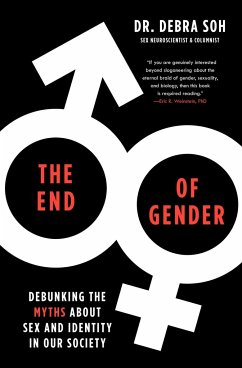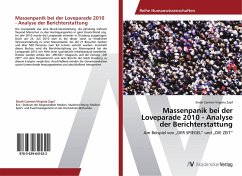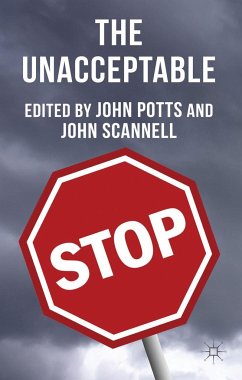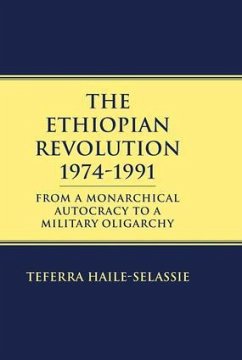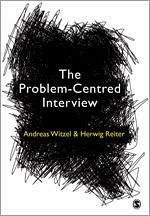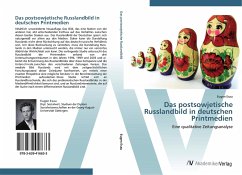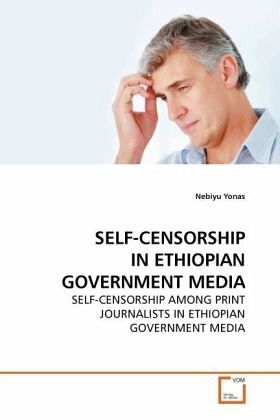
Self-Censorship in Ethiopian Government Media
Versandkostenfrei!
Versandfertig in 6-10 Tagen
32,99 €
inkl. MwSt.

PAYBACK Punkte
16 °P sammeln!
In Ethiopia, where democracy is in its infancy and where press freedom is clearly stipulated but not freely implemented, journalists practice self- censorship. This particular research focuses on how Ethiopian journalists in state-owned print media censor themselves and why they do so. The study discusses how such self-censorship impacts news articles and various stories and how this affects freedom of speech and of the press. This study also indicates that journalists censor themselves mainly for political reasons but also for religious, cultural, economic and ethnic reasons, and out of fear ...
In Ethiopia, where democracy is in its infancy and where press freedom is clearly stipulated but not freely implemented, journalists practice self- censorship. This particular research focuses on how Ethiopian journalists in state-owned print media censor themselves and why they do so. The study discusses how such self-censorship impacts news articles and various stories and how this affects freedom of speech and of the press. This study also indicates that journalists censor themselves mainly for political reasons but also for religious, cultural, economic and ethnic reasons, and out of fear of bosses, editors and government officials. They also practice self- censorship to be safe and to preserve jobs.



